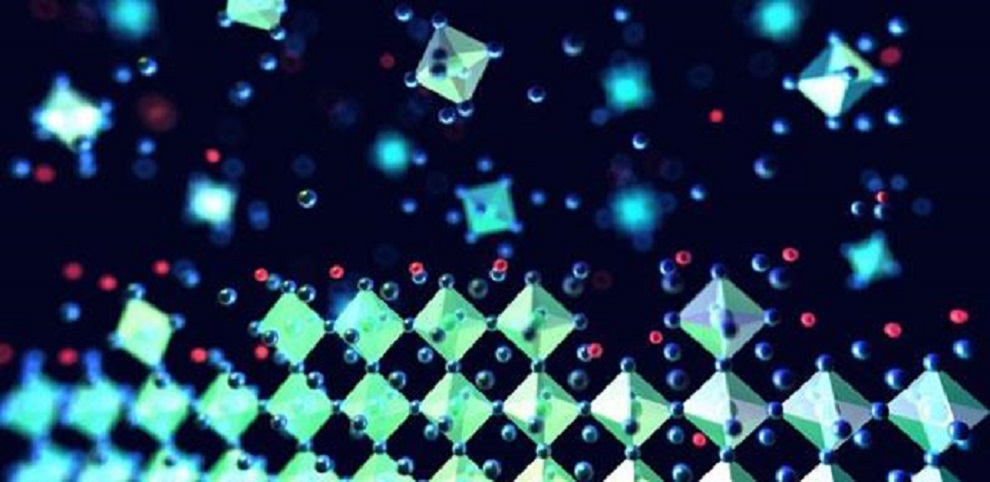Perovksite solar cells are well known among researchers for their potential to act as cheap to produce, highly efficient solar cells. Universities and institutes the world over are working on solutions to the stability and sensitivity issues that have so far prevented their commercial uptake.
A team led by the University of Cambridge has achieved a breakthrough, discovering that simply adding a potassium iodide solution to the perovskite ink can have the dual effects of healing defects that limit the material’s efficiency, and immobilizing ion movement, which increases stability.
“So far, we haven’t been able to make these materials stable with the bandgap we need, so we’ve been trying to immobilize the ion movement by tweaking the chemical composition of the perovskite layers,” said Dr Sam Stranks from Cambridge’s Cavendish Laboratory, who led the research. “This would enable perovskites to be used as versatile solar cells or as colored LEDs, which are essentially solar cells run in reverse.”
The technique developed by the researchers, described in the journal Nature, involves adding potassium iodide to the perovskite solution. The scientists that their technique is compatible with roll-to-roll processes, and therefore easily scalable.
“We’ve found that perovskites are very tolerant to additives – you can add new components and they’ll perform better,” said first author Mojtaba Abdi-Jalebi, a PhD candidate at the Cavendish Laboratory. “Unlike other photovoltaic technologies, we don’t need to add an additional layer to improve performance, the additive is simply mixed in with the perovskite ink.”
Devices made using the perovskite & potassium solution achieved 21.5% efficiency, and ‘showed good stability’ according to the researchers. The team theorizes that their cells could be used as the top layer in a tandem solar cell, with either crystalline silicon or an alternative cell material underneath.
This content is protected by copyright and may not be reused. If you want to cooperate with us and would like to reuse some of our content, please contact: editors@pv-magazine.com.









By submitting this form you agree to pv magazine using your data for the purposes of publishing your comment.
Your personal data will only be disclosed or otherwise transmitted to third parties for the purposes of spam filtering or if this is necessary for technical maintenance of the website. Any other transfer to third parties will not take place unless this is justified on the basis of applicable data protection regulations or if pv magazine is legally obliged to do so.
You may revoke this consent at any time with effect for the future, in which case your personal data will be deleted immediately. Otherwise, your data will be deleted if pv magazine has processed your request or the purpose of data storage is fulfilled.
Further information on data privacy can be found in our Data Protection Policy.